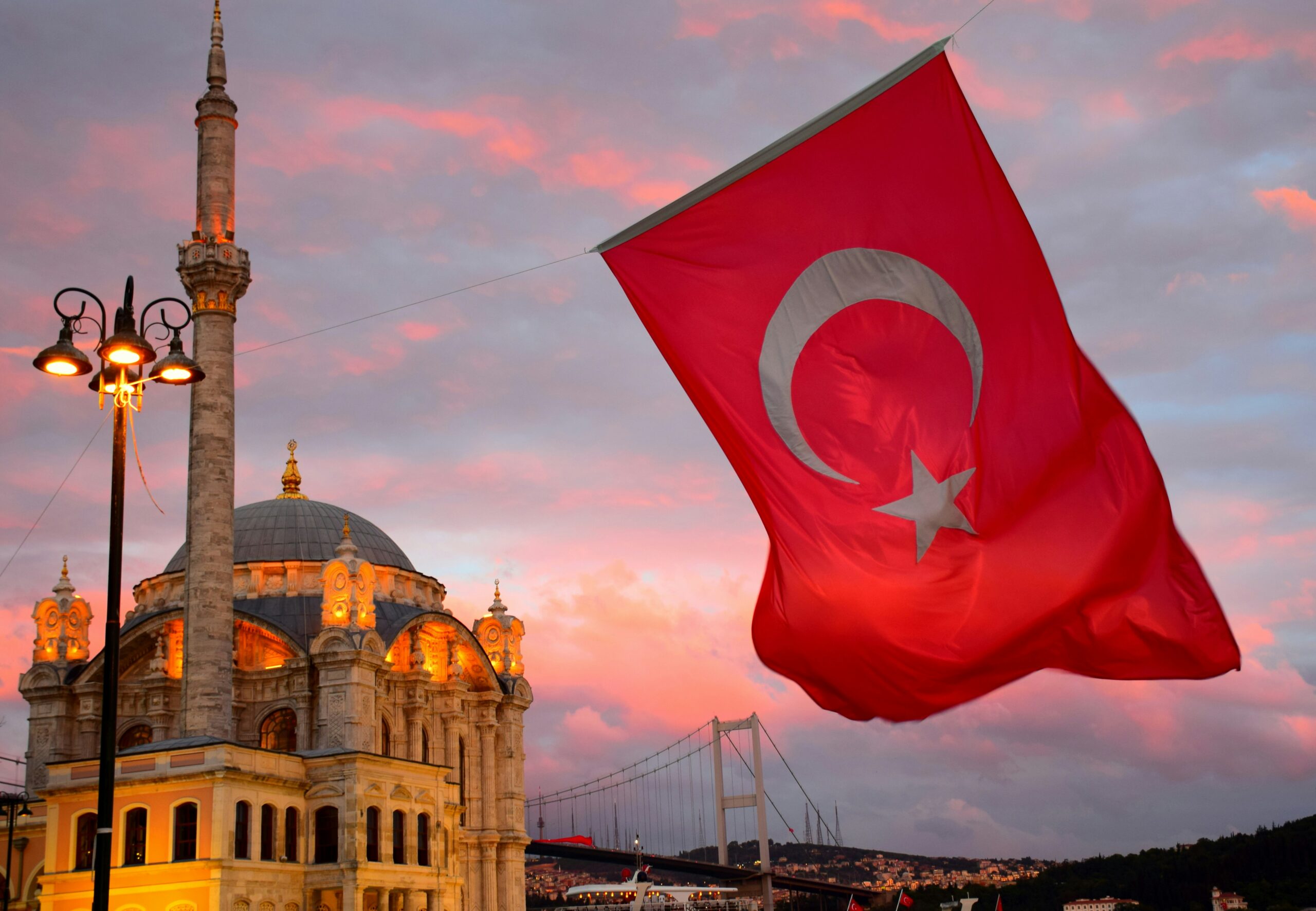
Turkish lira’s plunge fuels record-high inflation
Turkey is bracing for a peak in its inflation crisis, with rates projected to approach a staggering 75%. This economic turmoil has been exacerbated by a combination of policy missteps, global economic pressures, and local political dynamics, leaving Turkish citizens grappling with soaring prices and an uncertain economic future.
As of June 2024, Turkey’s annual inflation rate stands at an alarming 70%, driven primarily by surges in the cost of food, housing, and utilities. Despite recent attempts by the central bank to rein in inflation through significant interest rate hikes, the effects have been slow to materialize, causing widespread economic hardship.
The Turkish lira has experienced a dramatic depreciation, losing 40% of its value against the dollar over the past year. This devaluation has compounded inflationary pressures, as the cost of imported goods skyrockets. The central bank’s current interest rate stands at a hefty 45%, yet this aggressive monetary tightening has not been sufficient to stabilize prices.
President Recep Tayyip Erdoğan’s unorthodox economic policies have been a focal point of criticism. Historically, Erdoğan has favored lower interest rates, contrary to mainstream economic principles that suggest raising rates to combat inflation. This stance has been a key factor in the lira’s weakness and the subsequent inflation surge. Recently, however, there has been a shift towards more conventional policies under the new central bank governor, Hafize Gaye Erkan, aiming to stabilize the currency and control inflation.
Social and Political Implications
The inflation crisis has had profound social and political ramifications. The cost of living has soared, with essentials like food and housing becoming increasingly unaffordable for many Turkish families. This economic strain contributed to significant political upheaval in the recent local elections. Erdoğan’s ruling Justice and Development Party (AK Party) suffered substantial losses in key cities such as Istanbul and Ankara to the opposition Republican People’s Party (CHP). The election results reflect widespread discontent with the government’s handling of the economy.
Finance Minister Mehmet Şimşek has acknowledged the persistent inflationary challenges, predicting that inflation will remain elevated in the coming months before any significant improvement is seen. The government is under immense pressure to implement effective policies that can curb inflation without stifling economic growth.
Looking Ahead
Experts are divided on the prospects for Turkey’s economic recovery. Some believe that the central bank’s tighter monetary policy needs more time to take effect, while others argue that further rate hikes might be necessary to anchor inflation expectations. There is also a call for structural reforms to enhance economic resilience and foster sustainable growth.
As Turkey navigates this challenging economic landscape, the government’s ability to balance inflation control with economic stability will be crucial. The international community is watching closely, with implications for regional economic stability and global markets.

